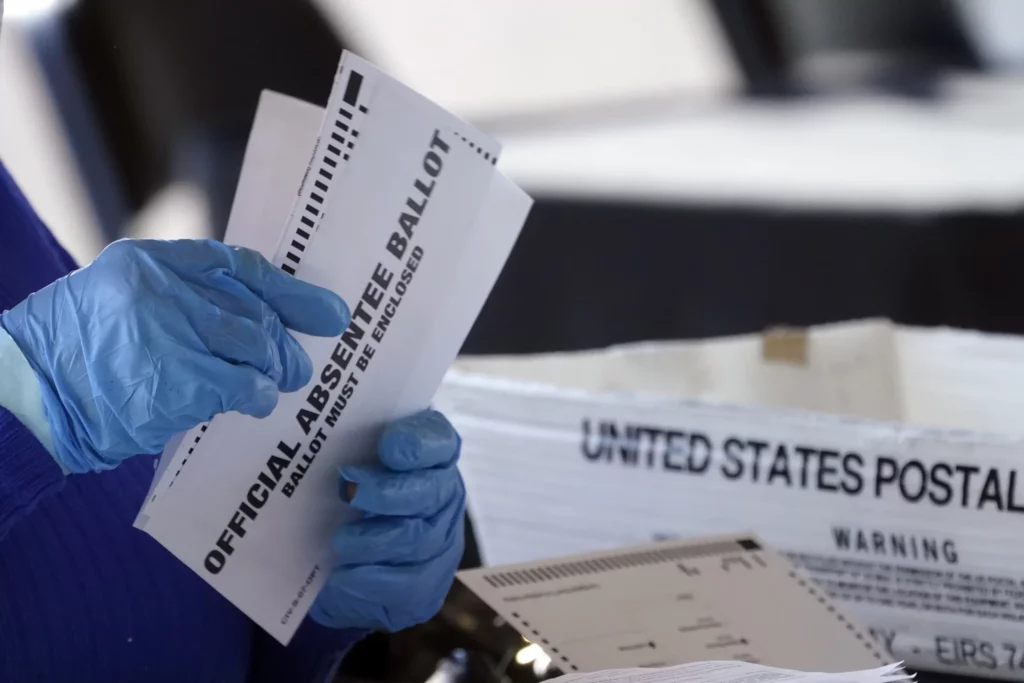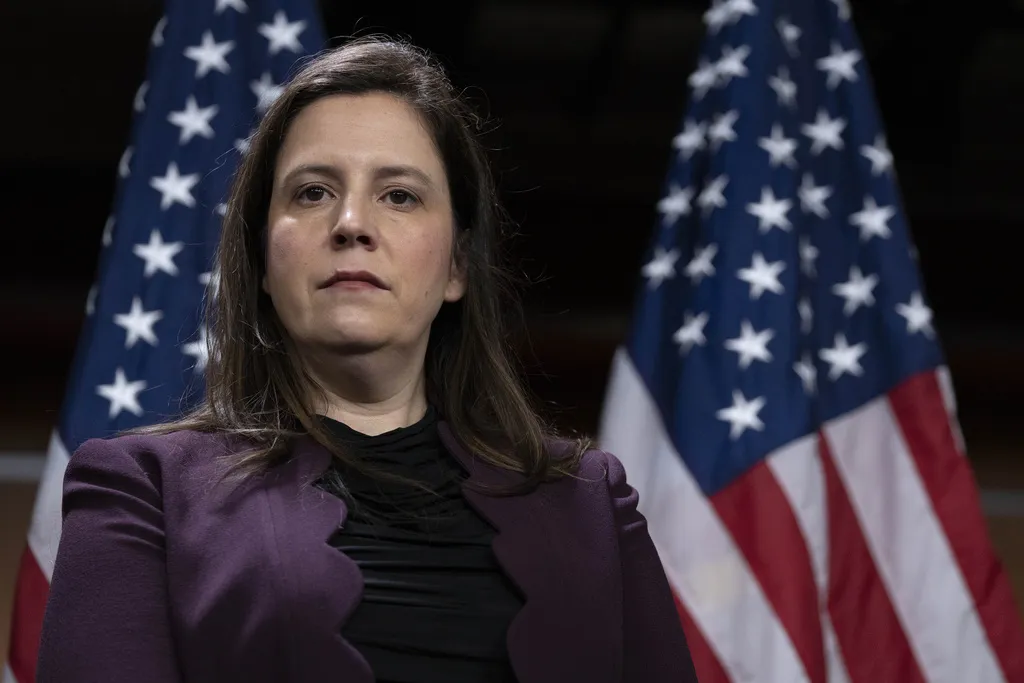
The New York Court of Appeals on Tuesday upheld the constitutionality of the state’s early mail-in voting law, rejecting a lawsuit led by GOP plaintiffs including Rep. Elise Stefanik (R-NY).
The lawsuit, known as Stefanik v. Hochul, sought to block the implementation of the law, arguing it violated state constitutional provisions. However, the court ruled 6-1 that the law, which allows voters to cast their ballots by mail for any reason before Election Day, does not infringe upon any constitutional rights.

Chief Judge Rowan Wilson wrote in the 30-page majority opinion that there is no “clear, unequivocal, and persistent” understanding by government that the state constitution requires in-person voting.
The ruling ensures that early mail-in voting will be widely available to New Yorkers in elections, despite the legal challenge. This ruling marks a victory for proponents of expanded voting access, who argue that the law is crucial for increasing voter participation and ensuring that all citizens can exercise their right to vote.
Republican opponents of the law, such as Stefanik, have expressed concerns that it could lead to voter fraud and undermine the integrity of elections, such as the lack of safeguards and difficulty in assuring that voters cast their ballots in secret, free from improper influences.
Judge Michael Garcia, the sole dissenter in the case, argued the law could potentially conflict with the state constitution’s provisions on in-person voting.
“A review of the plain text of the provisions at issue here establishes that the People intended the Constitution to limit the legislature’s authority to make laws governing absentee voting, and that the Early Mail Voter Act, whatever its merits or flaws as policy, goes beyond those limits and is therefore unconstitutional,” Garcia wrote.

In a statement to the Washington Examiner, Stefanik said the court “disgracefully claims” to understand the intent of the framers of the state constitution, saying the ruling “disregards prior constitutional amendments on this issue, and constitutional interpretation norms as ‘not relevant.’”
“It’s never been clearer: the only path forward to Save New York is to get commonsense New Yorkers to swamp the ballot box and vote Republican up and down the ballot and rid ourselves of New York’s politically corrupt Democrats,” Stefanik added.
New York Attorney General Letitia James released a statement applauding the decision, accusing challengers of the law of trying to “put up roadblocks and stifle New Yorkers’ ability to exercise their Constitutional right to vote.”
“I will keep working to protect our state’s laws, and will do everything within my power to push back against anti-voting rights efforts and instead empower New Yorkers’ access the polls,” James added.
CLICK HERE TO READ MORE FROM THE WASHINGTON EXAMINER
The case previously saw setbacks in February, when a New York judge dismissed the lawsuit on the basis that GOP challengers failed to show the law in question was unconstitutional.
The constitution “in no way limits the Legislature’s inherent plenary power or its constitutional authority to enact laws that generally provide for voting methods other than by ballot,” Albany Supreme Court Justice Christina Ryba wrote at the time.






